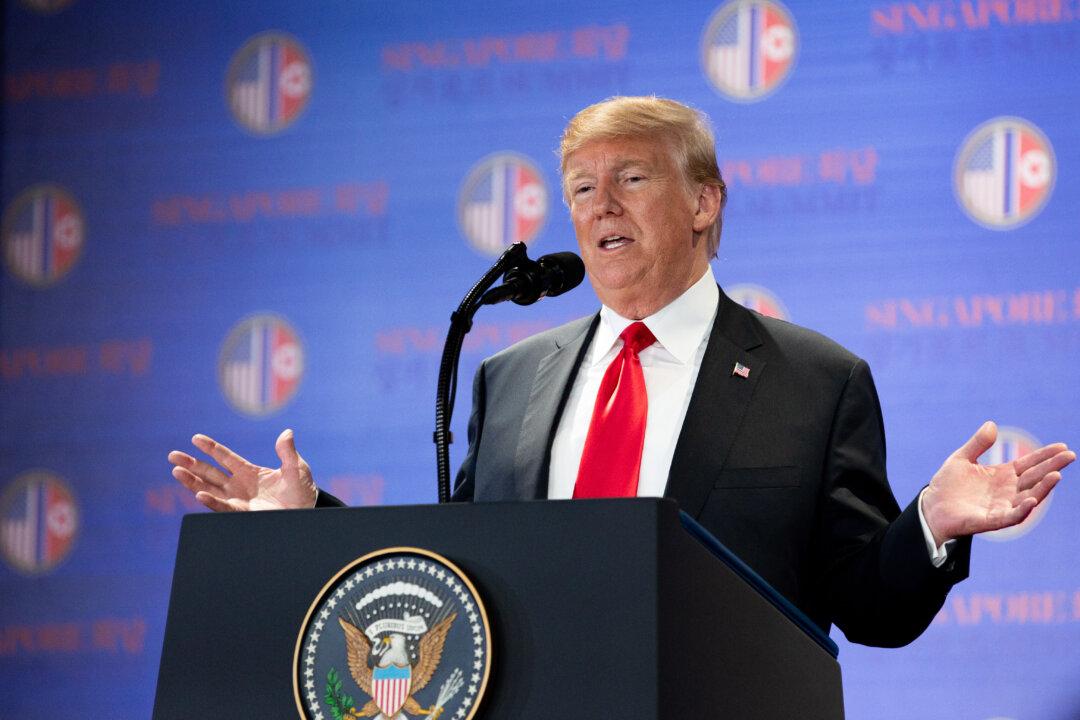President Donald Trump issued a trade ultimatum on June 24, demanding that America’s trade partners take down “artificial trade barriers and tariffs,” or else face reciprocal action.
“The United States is insisting that all countries that have placed artificial Trade Barriers and Tariffs on goods going into their country, remove those Barriers & Tariffs or be met with more than Reciprocity by the U.S.A. Trade must be fair and no longer a one way street!” the president wrote on Twitter.





